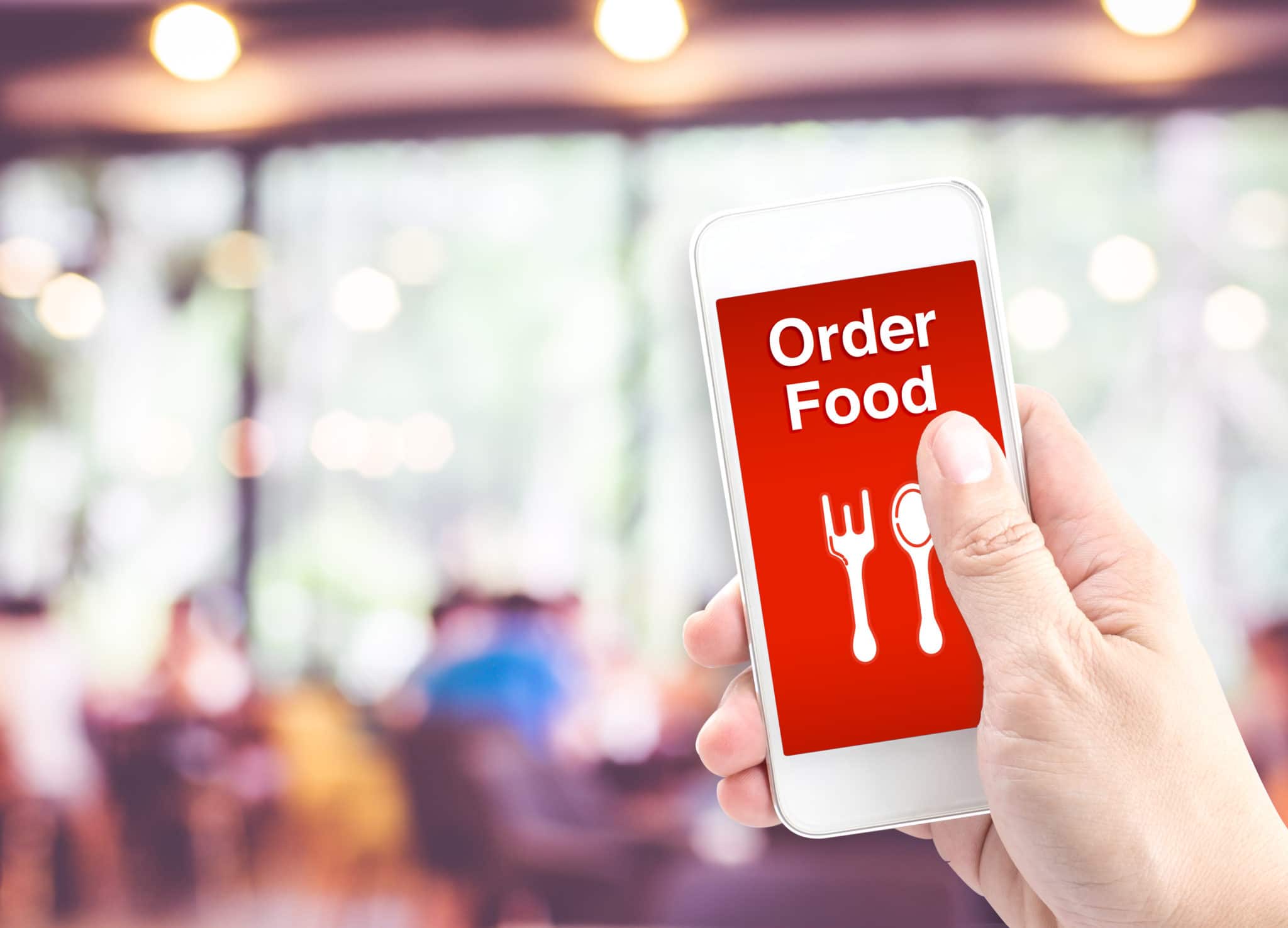
What expenses can I deduct when I deliver food for Grubhub, Doordash, UberEats, etc.?
Your most common expenses will be related to your vehicle. You can deduct vehicle expenses either through the standard mileage deduction (57.5 cents per mile in 2020) or your actual costs. Parking fees and tolls can also qualify, so long as they are related to actual delivery runs.
Cell phone use is another deductible expense, but you can only deduct the portion you use the cell phone for business purposes. Equipment can also be deducted, including food caddies, insulated bags, drink coolers, and so on.
Uniforms may be deductible, but only if they qualify as an “ordinary and necessary” expense related specifically to the business, so something like designer clothes may raise eyebrows.
If you use an accountant, an attorney, or personal finance software for managing your business income, these may also be deducted.
Will I get taxed on my tips?
Yes. Tips count as income, including cash tips not reported through app payments. You are expected to add the total amount of cash tip income to your 1099 statement you receive from the delivery app service provider.
Should I claim the simple mileage deduction or actual vehicle expenses?
You can either claim the simple mileage rate or actual vehicle costs, not both. Actual vehicle costs include gas, repairs, maintenance, necessary modifications, and the purchase or lease of the vehicle itself.
Track both your vehicle expenses and your daily mileage to determine whether one or the other would result in a larger deduction. Given the high volume of miles driven for deliveries, the mileage deduction is likely to be favorable to most drivers. But if you incurred large repair bills or you purchased or lease a car specifically for delivery purchases, then the deduction of the actual cost may be larger.
Note that you can only deduct the percentage for which the vehicle is used for delivery/business purposes, so when calculating the actual costs of something like repairs for a vehicle you use 50% for personal use, then you will divide the cost of repairs in half.











